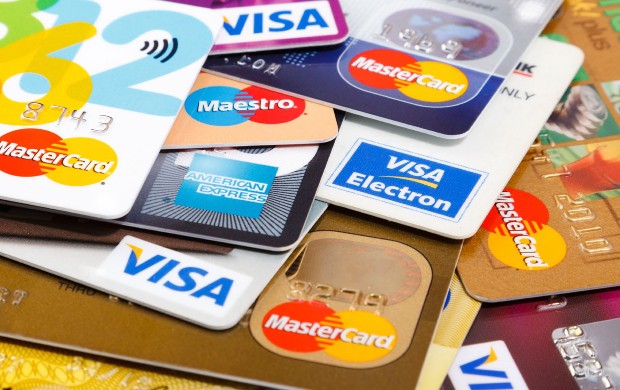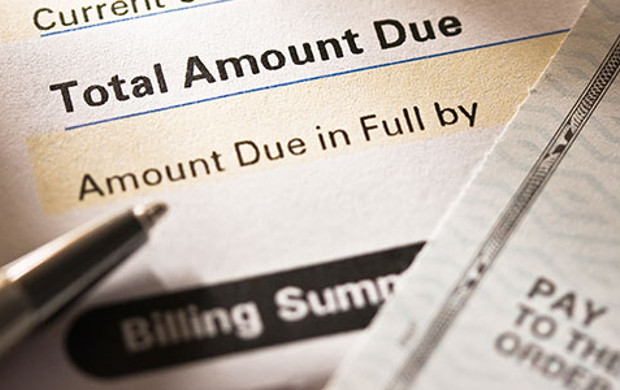For many people the transition from renting or living with your parents to finally getting your hands on the keys to the front door of your own property is a laborious and frustrating process (and for some seemingly impossible). Proving that you are able to pay back a huge loan, when you’ve never been given the chance to even possess a small one, is a classic chicken-and-egg problem. However, as the proverb goes, ‘even a journey of a thousand miles must start with a single step’—and there are multiple ways to build up credit.
Build up
Even those with no credit history at all can build up a rating in stages. Start by borrowing small amounts and paying them off. Banks are eager to bring in new custom early and often throw in some freebies, so this is a good place to start. Store cards and credit builder cards are another way of using manageable debt.
Don’t just get the cards and leave them to gather dust; make a few small purchases and then remember to pay both sets of cards off in full, as the interest rates may not be kind. If you’re buying with someone else, encourage them to do the same.
At a later date you’ll then be able to dip your toe into the loans market, and start the process again. If you later need to be able to pay them all off quickly, a consolidation or unsecured loan from Avant Credit, Zopa, or another company might also add a few more points to your rating.
Pay your debts regularly
The simplest and strongest way to promote your credit rating is to be organised with payments to debtors, and help create an overall picture of yourself as a responsible spender.
Late payments or non-payments, and going over your credit limit, are all sure-fire ways to blast your rating. This is especially prescient following the precarious financial climate of the late noughties, which led to the installation of the Mortgage Market Review interviews in 2014.
Now lenders will pore over bank statements with a fine tooth comb, looking for evidence of good management and analysing everything from spending on Chinese takeaways to the regularity of diesel purchases—and any fees charged for poor organisation with credit cards. That said, there are some good interest rates available for mortgage hunters.
Cancel unused credit cards
Imagine that you know somebody who has the means to spend a huge pot of money, but doesn’t do it. There could be numerous reasons but one is surely that they’re keeping it because they know they’ll need it in the future for some purpose. You find it strange and, perhaps more relevantly, you’re wary of it.
Now translate this analogy to a person who appears to be debt-free but has a stack of unused credit cards, and is now looking for a mortgage. A lender looking at the credit limits available might be suspicious, so by closing these and sticking to one or two credit sources and managing them well your chances of success could be boosted.
Identity checks
Protect your PINs and keep an eye on your account for any suspicious payments that could damage your credit rating if they take it over your limit. Indeed, checking your credit file regularly will pinpoint any applications that you didn’t make.
Also, don’t apply for too many sources of credit within a short period; each time you do so a lender will check your report and leave behind a footprint. If several of these markers show up in a concentrated period of time lenders may assume that the applicant is under financial pressure, or the victim of fraud. Either way, not good.









